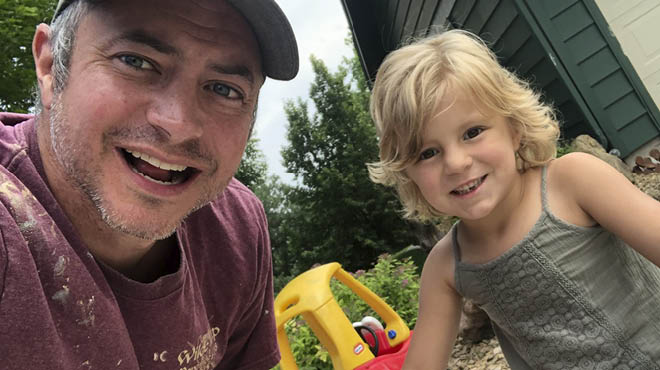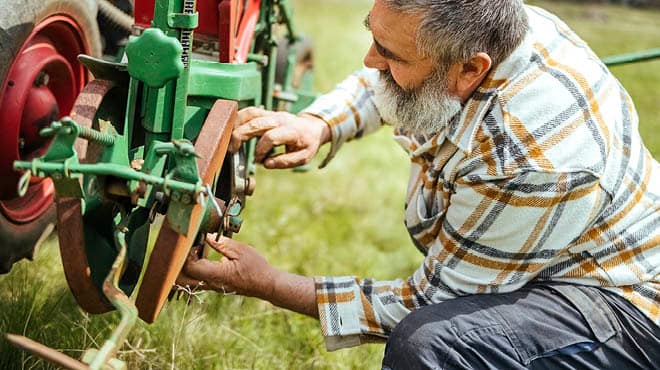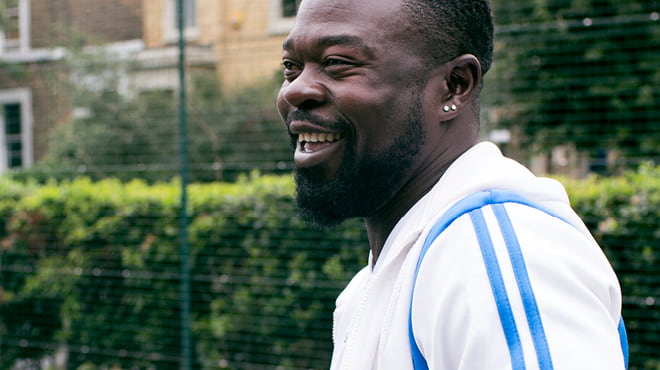
Health topics
Emergency Medicine
Hometown Health Blog

Unexpected vacation ending leads to rare tumor discovery
After a family vacation, Izzy Iverson started having significant pain. Her family soon learned she would need surgery to remove a rare tumor in her chest called a teratoma.

Clinic staff's response gives waiting room crisis a happy ending
While waiting for her husband at their clinic, Colleen Lundequam had no warning before she went into cardiac arrest. Quick action by the clinic's team made all the difference in her good-news recovery.

Consider T.I.M.E. when dealing with sepsis
More than 40% of adults are unfamiliar with the dangers of sepsis, which occurs as a result of infection. Use this tool to recognize the signs and symptoms, and get immediate care.

Smart decisions improve your winter health
Winter is beautiful, but the cold, ice and snow can be treacherous for many people. Learn how smart decisions can keep you safe — and out of the emergency department — during the winter season.

Unforeseen danger of a child's fall: Livia's remarkable recovery
A seemingly innocent fall led to a race against time, an emergency craniotomy and an incredible road to recovery for young Livia. Here's how the care team came together in her moment of need.

Farm safety first: Tips for preventing injuries during harvest
Farmers spend countless hours in combines, tractors, trucks and other equipment in fields during the harvest season. Remember a few safety practices, and pick up a new tip to avoid a severe injury.

Blood donation: Simple, selfless act to save lives
With someone in the U.S. receiving a blood product every two seconds, there is a constant need for red blood cells, platelets and plasma. Learn how the donation process works and why donating blood is vital.

ABCs of bleeding control
Life-threatening bleeding can happen anywhere at any time. Learning the steps you can take for swift action to stop the bleeding can make the difference between life and death.

Safety tips to prevent heat-related illness
Staying cool when temperatures soar can be difficult. Read why it's vital to know the signs and symptoms of heat-related illness, and get tips to prevent heat exhaustion and heatstroke.

With stroke, time is survival
Stroke symptoms come on suddenly. And women are more like to have a stroke than men. There’s an acronym to make it easy to recognize and act on these symptoms: Think FAST.

When temps rise, remember these heatstroke prevention tips
When the weather forecast calls for hot and humid days ahead, follow these steps to keep cool and prevent heatstroke.

Use caution with fireworks
Independence Day has been celebrated with firework displays since the 1770s. Find out why you need to use extreme caution while using fireworks, and pick up some safety tips.





